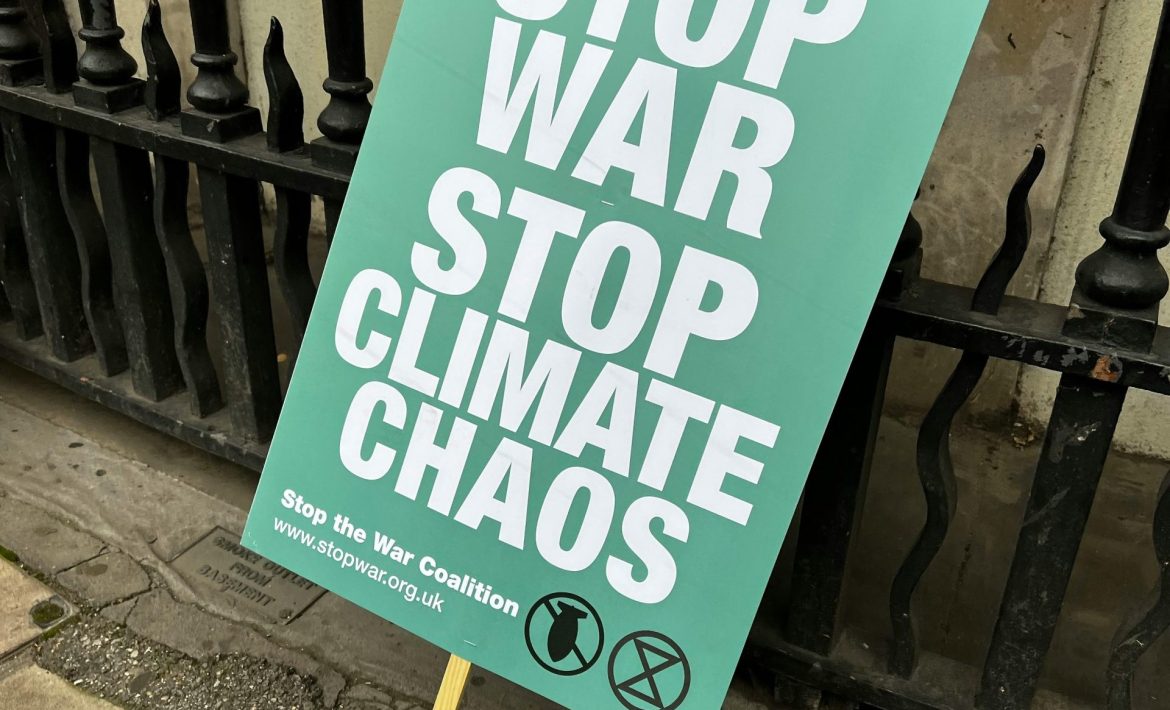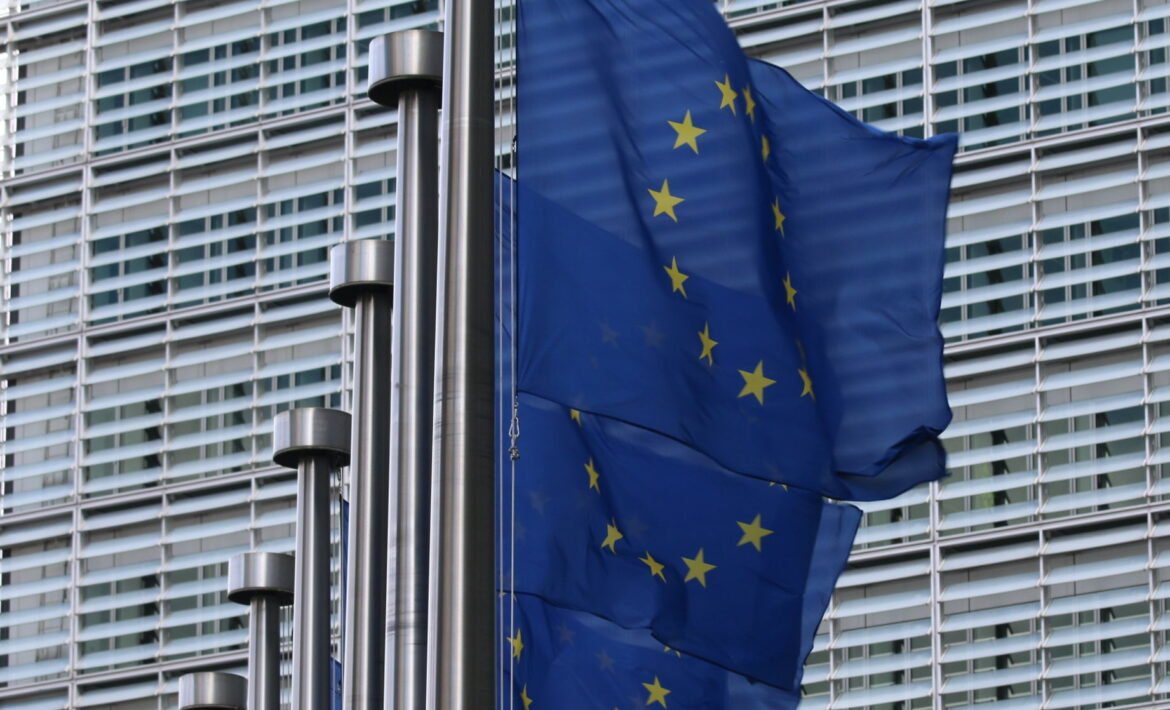
How Are Wars Affecting Climate Change?
Wars have a significant and often overlooked impact on climate change, with recent studies showing that military operations and related activities do account for around 5.5% of global greenhouse gas emissions, more than the annual emissions of many countries. Under the Paris Agreement, nations are not required to report on their emissions from military activities which means that national inventories vastly underestimate real emissions.As conflicts like those in Gaza and Ukraine demonstrate, the carbon footprint of war, including from direct combat, from the destruction of infrastructure, and the process of rebuilding, can reach tens or even hundreds of millions of tons of CO2. This underscores the urgent need for mandatory military emissions reporting and military mitigation strategies.

